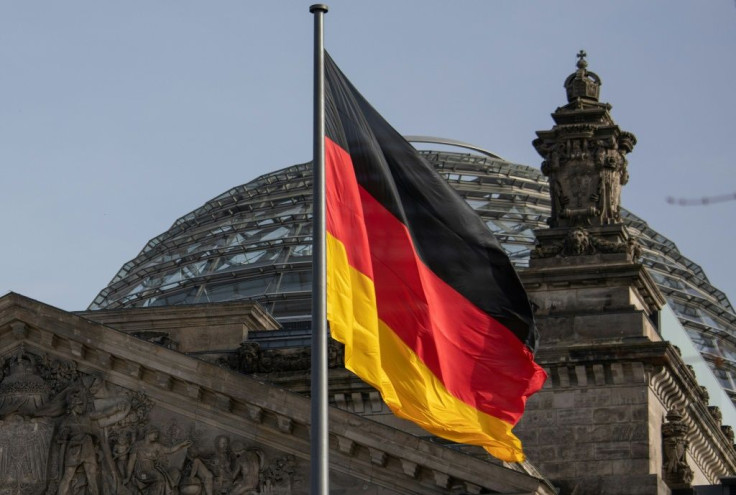German Man Charged For Spying At Parliament For Russians
German prosecutors said Thursday they have filed espionage charges against a man suspected of passing floor plans of parliament to Russian secret services, in a case that risks further inflaming tensions between Berlin and Moscow.
The suspect, a German national named only as Jens F., worked for a company that was repeatedly contracted by the Bundestag to carry out regular checks on electric equipment across parliament premises.
"Against this background, the defendant had access to PDF files with the floor plans" of parliamentary properties, said federal prosecutors.
The suspect is believed to have decided sometime in the summer of 2017 to pass on the information to Russian secret services.
"For that, he prepared a data carrier with the corresponding PDF files and sent it to an employee in the Russian embassy in Berlin, who mainly works for the Russian military secret service GRU," said prosecutors.
Without citing its sources, Spiegel magazine said the suspect was a 55-year-old former officer of the 9th tank division of the former communist East German army.
Between 1984 and 1990, he also worked for the feared Stasi secret police informally, said Spiegel.
The case comes at a time of particularly rocky ties between Berlin and Moscow over Russian opposition leader Alexei Navalny.
The West has accused the Russian government of poisoning Navalny with the Soviet-era nerve agent Novichok last August, which the Kremlin denies.
Navalny was treated in Berlin before he returned to Moscow last month. Upon landing at the airport, Navalny was imprisoned, sparking demands from the West for his release.
The European Union announced a new volley of sanctions earlier this week targeting four senior Russian officials over the affair, prompting Russian President Vladimir Putin to slam what he called an attempt to "shackle" his country.

Chancellor Angela Merkel has always stressed the importance of keeping dialogue open with Putin as she walks a fine diplomatic line to keep Russia engaged.
But even the usually unflappable German leader has voiced frustration over Russia's behaviour, including its repeated cyber attacks against the West.
Merkel told parliament last May that she had concrete proof that Russia was targeting her in the attacks.
Among the most high-profile attacks of which German intelligence have accused Russian hackers is a cyber assault on the German parliament in 2015.
Local media have named the suspect in that attack as Dmitry Badin, who is also wanted by the FBI for similar attempts against US targets.
Beyond the virtual front, a high-stakes trial is ongoing in Germany over the assassination of a former Chechen commander in a central Berlin park, allegedly on Moscow's orders.
The brazen murder in the heart of the German capital appeared to be a tipping point for Merkel, who said last May that the killing "disrupts a cooperation of trust" between Berlin and Moscow.
The series of skirmishes with Russia has also left Merkel in a difficult position over the thorny question of a multi-billion-euro pipeline, Nord Stream 2, that is set to double Russian natural gas shipments to Germany.
Germany has long irked allies, including the United States, with its stubborn defence of the project.
And with the pandemic still plaguing the world, Merkel has signalled openness to the Covid-19 vaccine developed by Russia.
"Beyond all the political differences that are currently large, we can nevertheless work together in a pandemic, in a humanitarian area," Merkel has said.
© Copyright AFP 2024. All rights reserved.




















